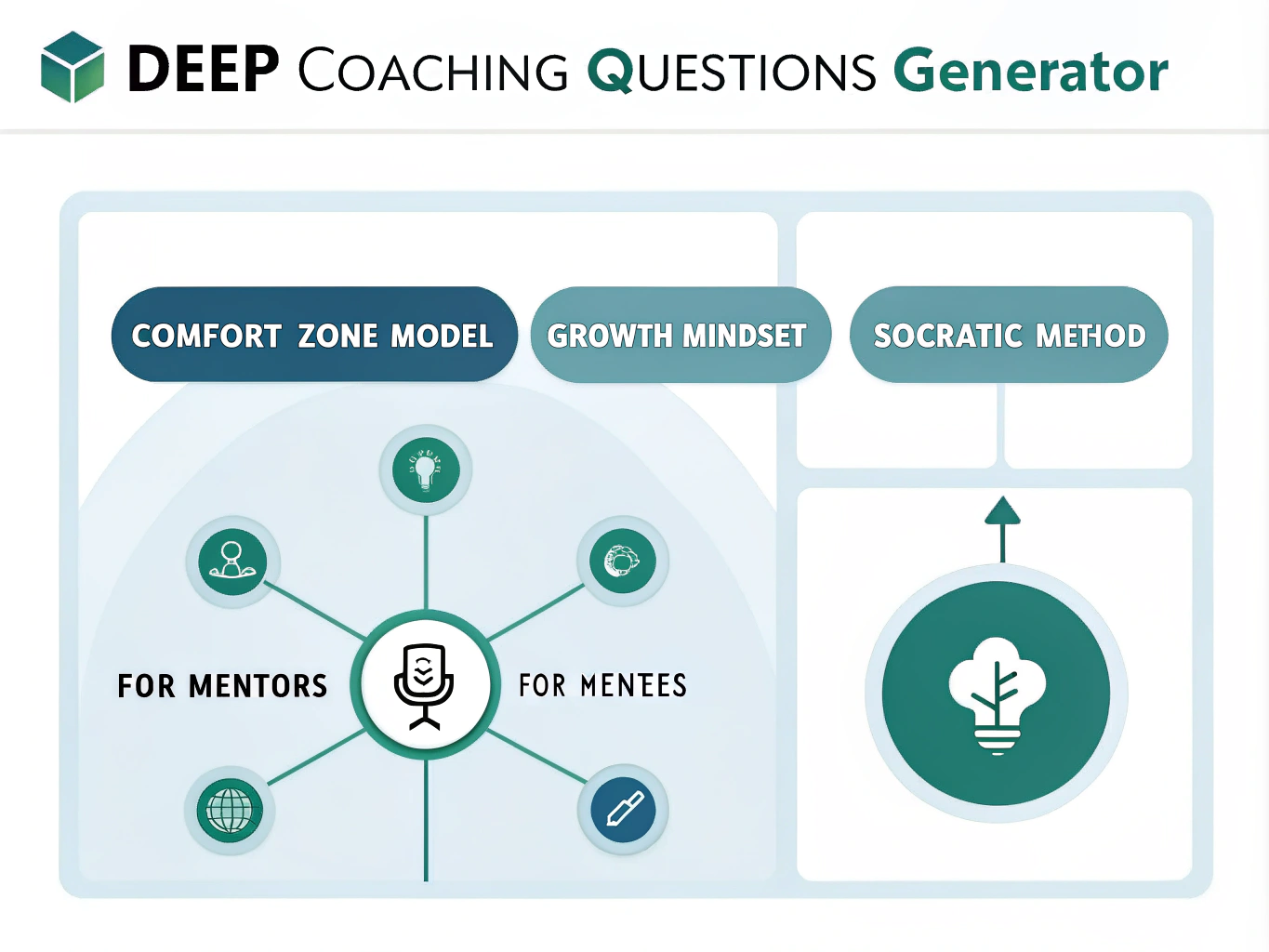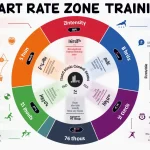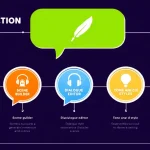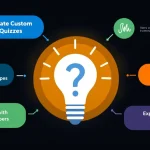Is this tool helpful?
How to Use the Mentorship Question Generator Tool Effectively
The Mentorship Question Generator Tool is designed to help mentors create powerful, thought-provoking questions for meaningful conversations with mentees. Here’s a detailed guide on using each field:
Input Fields Guide
- Adjustment Challenge Description: Provide specific details about the situation your mentee is struggling with. For example:
- “Transitioning from individual contributor to team leader”
- “Adapting to a new organizational culture after merger”
- Mentee Experience Level (Optional): Specify your mentee’s professional background to receive more contextualized questions. Common inputs include:
- “5 years in technical role, first leadership position”
- “Senior specialist transitioning to cross-functional role”
- Additional Context (Optional): Include relevant background information that might influence the questioning approach, such as:
- “Strong analytical skills but struggles with ambiguity”
- “Excellent technical expertise but hesitant in client-facing situations”
Understanding the Mentorship Question Generator
This innovative tool combines principles from coaching psychology, the Comfort Zone Model, and Socratic questioning to generate targeted, developmental questions. It helps mentors facilitate deeper conversations that promote growth and self-discovery in their mentees.
Core Features
- Dynamic question generation based on specific scenarios
- Integration of multiple coaching philosophies
- Customization based on experience levels
- Focus on comfort zone expansion
- Emphasis on growth mindset development
Benefits of Using the Mentorship Question Generator
For Mentors
- Access to professionally crafted coaching questions
- Consistent quality in mentoring conversations
- Time-saving approach to session preparation
- Development of stronger questioning skills
- Enhanced ability to address complex situations
For Mentees
- Deeper self-reflection opportunities
- Structured approach to problem-solving
- Increased self-awareness
- Better understanding of personal barriers
- Accelerated professional development
Problem-Solving Applications
Scenario Analysis
Consider a mentee struggling with public speaking in executive presentations. The tool might generate questions like:
- “What specific aspects of executive presentations trigger your discomfort?”
- “How does your current preparation approach differ from situations where you feel confident?”
- “What would success in this area look like to you?”
Growth Framework Integration
The tool incorporates three key psychological frameworks:
- Comfort Zone Model: Questions that gradually expand comfort boundaries
- Growth Mindset: Questions that challenge fixed mindset beliefs
- Socratic Method: Questions that promote critical thinking and self-discovery
Practical Applications and Use Cases
Career Transition Support
When mentoring someone transitioning from technical to management roles:
- Input: “Technical expert struggling with delegation and team empowerment”
- Generated Questions:
- “What beliefs about your team’s capabilities might be limiting your ability to delegate?”
- “How does your definition of ‘good work’ influence your delegation decisions?”
- “What past experiences have shaped your approach to control and oversight?”
Cultural Adaptation
Supporting international assignees in new cultural environments:
- Input: “Experienced manager struggling with indirect communication styles in Asian markets”
- Generated Questions:
- “How do your communication preferences reflect your cultural background?”
- “What assumptions about effective communication might you need to revisit?”
- “When have you successfully adapted to different communication styles before?”
Frequently Asked Questions
What makes an effective mentoring question?
Effective mentoring questions are open-ended, thought-provoking, and encourage self-reflection. They should challenge assumptions while maintaining psychological safety.
How should I sequence the generated questions?
Start with broader, context-setting questions before moving to more specific, challenging ones. This creates a natural flow and builds trust progressively.
Can I modify the generated questions?
Yes, the questions serve as a foundation. Adapt them to your mentee’s specific situation and communication style while maintaining their core intent.
How often should I use this tool?
Use it to prepare for key mentoring sessions, particularly when addressing new challenges or when conversations need fresh perspectives.
What if my mentee is resistant to deep questioning?
Start with less challenging questions and gradually increase depth as trust builds. Pay attention to non-verbal cues and adjust accordingly.
How can I build on the generated questions?
Use the generated questions as conversation starters, then follow up based on your mentee’s responses. Listen actively and probe deeper when you sense opportunities for insight.
What makes this tool different from standard coaching questions?
The tool combines multiple coaching frameworks and adapts to specific situations, providing targeted questions that address both immediate challenges and underlying patterns.
How do I know if the questions are effective?
Effective questions lead to moments of reflection, new insights, and concrete actions from your mentee. Watch for signs of deeper engagement and breakthrough moments.
Important Disclaimer
The calculations, results, and content provided by our tools are not guaranteed to be accurate, complete, or reliable. Users are responsible for verifying and interpreting the results. Our content and tools may contain errors, biases, or inconsistencies. We reserve the right to save inputs and outputs from our tools for the purposes of error debugging, bias identification, and performance improvement. External companies providing AI models used in our tools may also save and process data in accordance with their own policies. By using our tools, you consent to this data collection and processing. We reserve the right to limit the usage of our tools based on current usability factors. By using our tools, you acknowledge that you have read, understood, and agreed to this disclaimer. You accept the inherent risks and limitations associated with the use of our tools and services.







